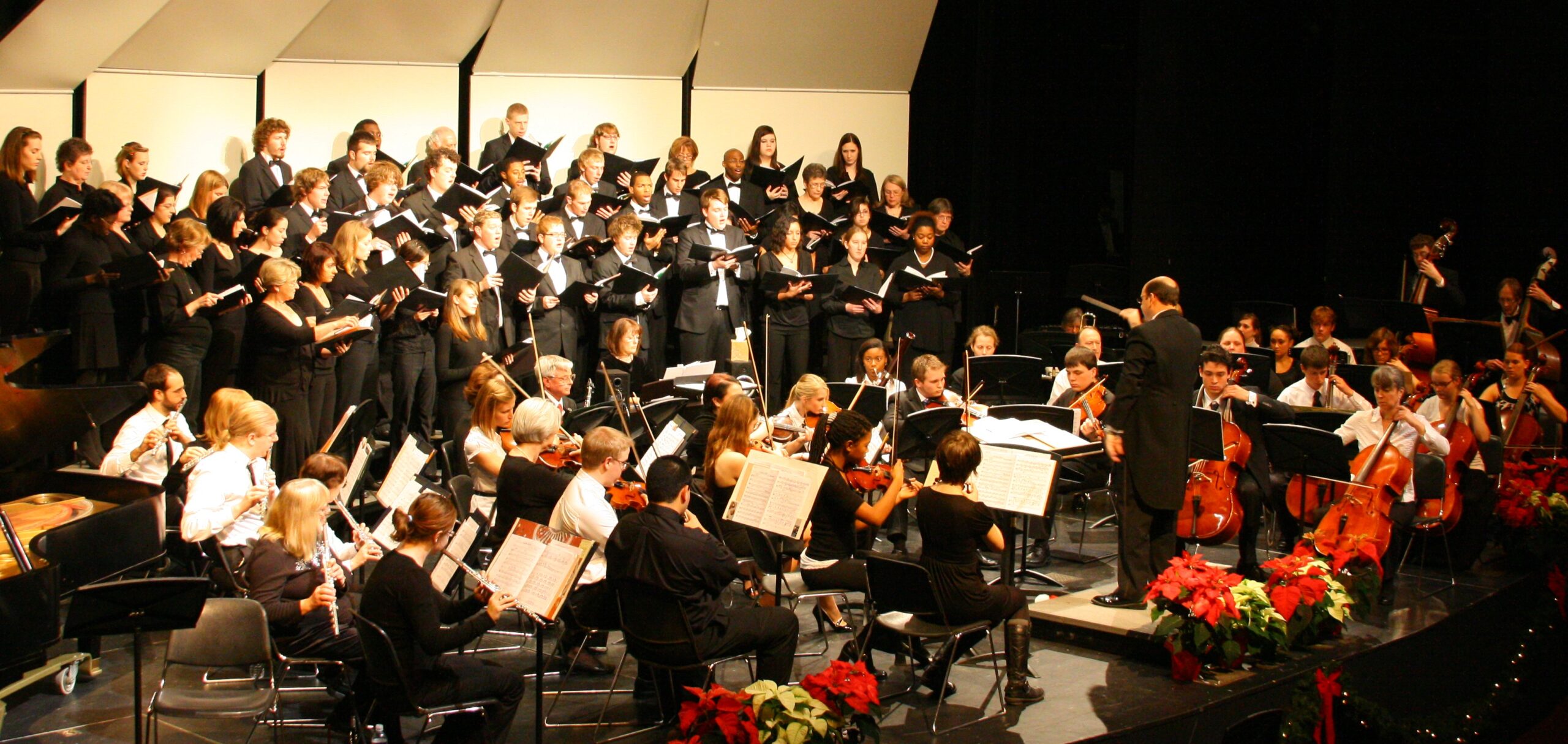Student organization attempts to sway board against cutting faculty
By: Melissa Wilkinson
Editor-in-Chief
The Student Social Action Committee (SSAC) met with Chancellor Pittman and several other board members on Monday, Nov. 6 to formally introduce their five proposals to prevent a reduction in force.
SSAC’s proposals are as follows; push for legislation to amend the Missouri constitution to improve the tax code in the school’s favor, establish a student advisory council to aid the marketing department to increase enrollment, introduce a series of sustainability policies to reduce operational costs, investigate the possibility of funding from outside sources and consider event-based on-campus fundraising to earn revenue.
“I thought it was a great meeting,” said Pittman. “They came very well prepared. I felt [the proposals] were fantastic ideas. Clearly this group is into looking into the future of the college.”
The proposals were crafted in response to the ongoing budget saga during which Pittman announced the possibility of terminating full-time faculty members in order to reduce costs. The five proposals emerged from SSAC’s new subcommittee, the Reduction in Force Prevention Coalition (RIFPC).
“Ultimately, we want the college to adopt a growth model which does not require faculty to be cut,” said SSAC President Xavier Phillips. “We know there are ways to reduce cost without reduction of faculty.”
According to Vice President Amna Habib, SSAC was treated with respect by the attending administrators who, in addition to Chancellor Pittman, included Vice Chairman Rodney Gee, Trustee Kevin Martin, Trustee Craig Larson, Vice President for Academic Affairs Andrew Langrehr, Vice Chancellor of Finance and Administration Paul Zinck and Executive Director of Marketing and Communications Kedra Tolson.
Habib said that Zinck was scheduled to give a budget presentation at the meeting, but upon hearing the SSAC speak, determined that they already had the information he was going to present.
“They were surprised that we were more informed than they anticipated,” said Habib.” “But then Paul Zinck was helpful in providing clarification on certain things. They were receptive to us and agreed to give us additional budget information and statistics that we’ve requested.”
According to Phillips, the administrators were receptive to all but two proposals, one of which was to campaign to change the Missouri constitution. Although Pittman didn’t deny the effectiveness of a change to the Hancock Amendment, which limits state funding, he did say that, as a bipartisan construct, the administration by law cannot be directly involved in any sort of political agenda.
“That’s not our role. We cannot be engaged at all at any political debate,” said Pittman.
The second disagreement regarded the proposal to host fundraising events on campus. According to administrators, such actions would be in conflict with the Unrelated Business Income Taxed law, which prevents educational institutions from earning revenue from ventures unrelated to school activities.
“Their response was that perhaps we could do more events but rather than for revenue they could try to raise our status in the community,” said Habib.
While Pittman was receptive to the suggestion of establishing a student advisory council, Phillips said he remains wary about Pittman’s idea of what such a council would be.
“They seemed fond of [the idea] but I don’t know if they want us to be there to look at what they’re doing or…have an advisory which comes up with a set of marketing initiatives they can work towards. I don’t know if they think advisory means that or if they think it means sit and watch.”
According to Pittman, he would be interested in getting student feedback on future marketing strategies.
SSAC also hosted an adjunct panel discussion on Nov. 14. Despite Phillips having invited over 70 faculty members, only one adjunct professor was willing to join in on the discussion. According to Habib, the reason for the low turnout is a “culture of intimidation.”
“It’s important to note here that faculty have a legitimate concern of losing their jobs if they speak up in certain ways,” said Habib.
Phillips agreed, and said he has been personally approached by faculty members who said they are uncomfortable speaking out for fear of being punished with termination.
Pittman has historically disagreed. In an Oct. 27 interview he denied the creation of a “culture of intimidation”, stating that the atmosphere he created is one of transparency, accountability and civility.
“I have always done everything I can to be respectful,” said Pittman.
After the events of the Nov. 6 meeting, termination is no longer just a possibility. According to Phillips, Pittman and the other administrators heavily defended the recent reduction in force (RIF) recommendations created by the budget response team.
“From the beginning of the meeting Pittman began by explaining why they have to do the RIF,” said Phillips.
Chancellor Pittman denied that the RIF is inevitable but defended the recommendations of the Budget Response Team, which were compiled from months of discussion, research, constituent feedback and scouring data.
“Not approving it certainly won’t change the need to address the budget,” said Pittman.
Phillips has already arranged additional meetings with administrators to further discuss the RIFPC’s proposals to attempt to sway board opinions before the Nov. 30 meeting at the Cosand Center during which the official response to the budget crisis will be determined.
“They are not simply proposals,” said Phillips. “They are part of a larger budget recommendation from SSAC which is basically anti-RIF. What we’re trying to say is, when it’s time to vote, don’t vote for the RIF and this is why.”











